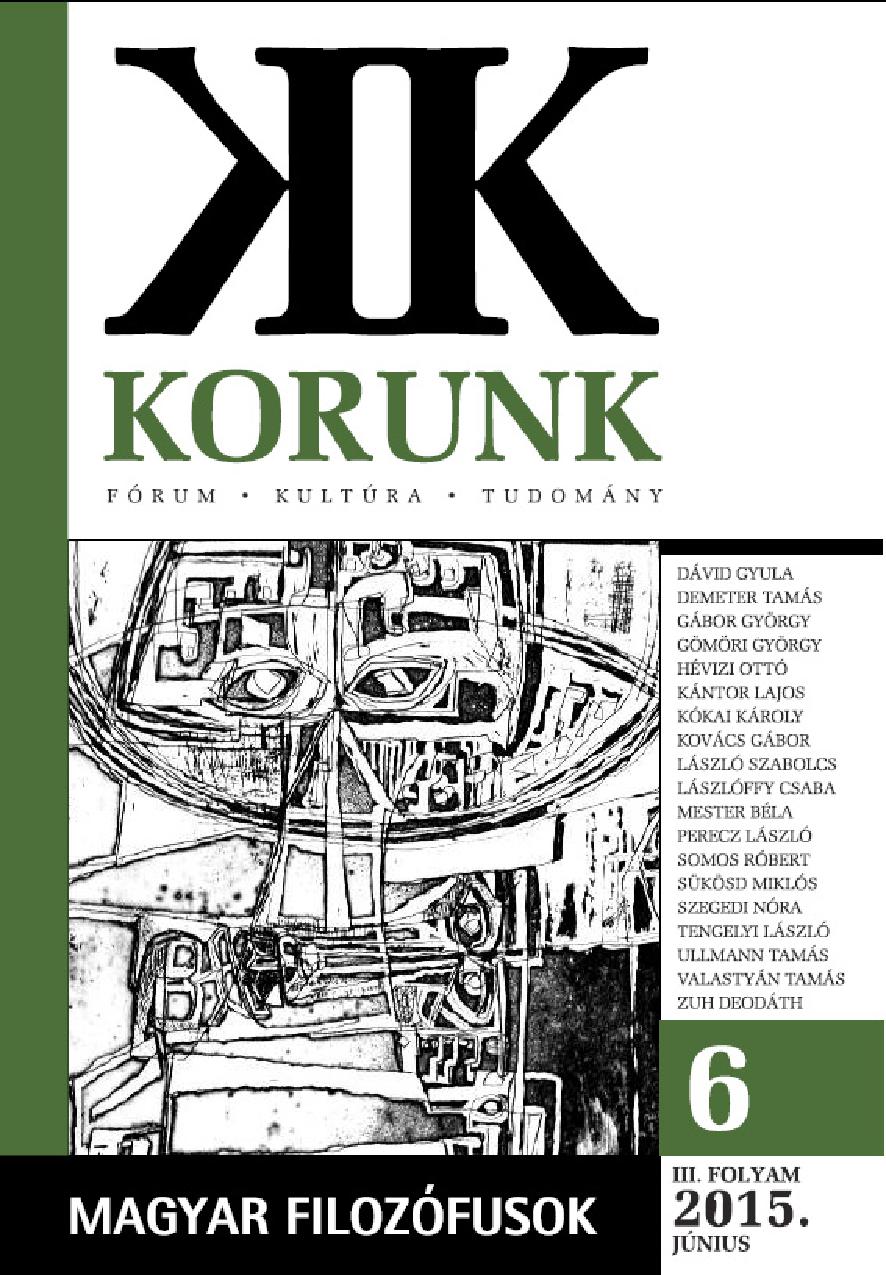Autonómia és világrend; bűn, sors és élettörténet
Autonomy and World Order: Guilt, Fate, and Life History
On Tengelyi László's Philosophical Work in the 1980 and 1990s
Author(s): Nóra Szegedi, Tamás UllmannSubject(s): Philosophy, History of Philosophy, Philosophical Traditions
Published by: Korunk Baráti Társaság
Keywords: László Tengelyi; Immanuel Kant; evil; moral autonomy; guilt; fate; life history; intersubjectivity; privation; culpability
Summary/Abstract: The article aims to give a picture of László Tengelyi’s early works. The first part analyses Tengelyi’s relationship to Kant and to the problem of evil in Kantian moral philosophy. The key concepts of his early works are moral autonomy, guilt, fate, history of life, and intersubjectivity. The second part presents Tengelyi’s first original work after his significant Kant-interpretations. His Guilt as Fate Event (1992) concentrates on the problem of evil, rejecting the classical conception of the metaphysical tradition based on the “privation thesis”. By showing that evil cannot be reduced to privation, nonbeing, and nullity, Tengelyi opens up another, latent tradition, that of the tragic view of culpability. The conception of guilt as an eminent event of fate is supposed to be able to substitute the privation thesis of traditional metaphysics. The elaboration of this concept is Tengelyi’s first step toward creating his own philosophy.
Journal: Korunk
- Issue Year: 2015
- Issue No: 06
- Page Range: 67-72
- Page Count: 6
- Language: Hungarian

